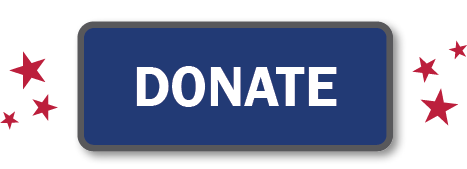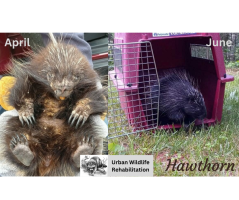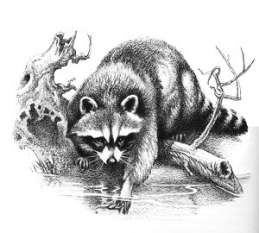Urban Wildlife Rehabilitation is dedicated to providing medical care, nourishment, and shelter to injured, ill, and orphaned wildlife in Western Massachusetts until they are healthy enough to return to their natural environment for a second chance at life. We are fully licensed by the Massachusetts' Department of Fisheries and Wildlife, and specialize in rehabilitating small mammals, such as raccoons, squirrels, and opossums.
In 2000, the concept of Urban Wildlife Rehabilitation was born from our founder and animal advocate, Dee Howe, who was one of many people on the scene of a skunk that had been hit by a car. No one knew what to do, and there were no local medical facilities for wildlife, so Dee simply sat beside the injured creature, gently petting and comforting him until he died. After encountering several other instances of wild animals in need with nowhere to go for care, Dee became a licensed wildlife rehabilitator, and established Urban Wildlife Rehabilitation in 2001. Today, our rehabilitators and volunteers aim to continue this important work for wildlife in our communities, as a commitment to Dee’s legacy, as she sadly passed away in 2020.
The scene that Dee happened upon in 2000 is not uncommon. At Urban Wildlife Rehabilitation, approximately 75% of injured and ailing wild animals and 95% of orphaned babies are casualties of human interference, such as car accidents, tree trimming, and trapping.
To lessen these tragedies, Urban Wildlife Rehabilitation not only provides a temporary haven and critical care for these animals, but also strives to address common misconceptions about wildlife and educate the public on how to humanely and safely resolve issues with our non-human neighbors.
Urban Wildlife Rehabilitation is a 501(c)(3) charity that receives no state or federal aid. We are staffed completely by volunteers, including our licensed rehabilitators, who care for animals out of their homes, while holding down full-time jobs.
Without the assistance of community members, who whole-heartedly believe in our mission, Urban Wildlife Rehabilitation would not be able to provide essential services for wild animals in need, as we have since 2001. We are truly grateful for the generosity of our supporters.





